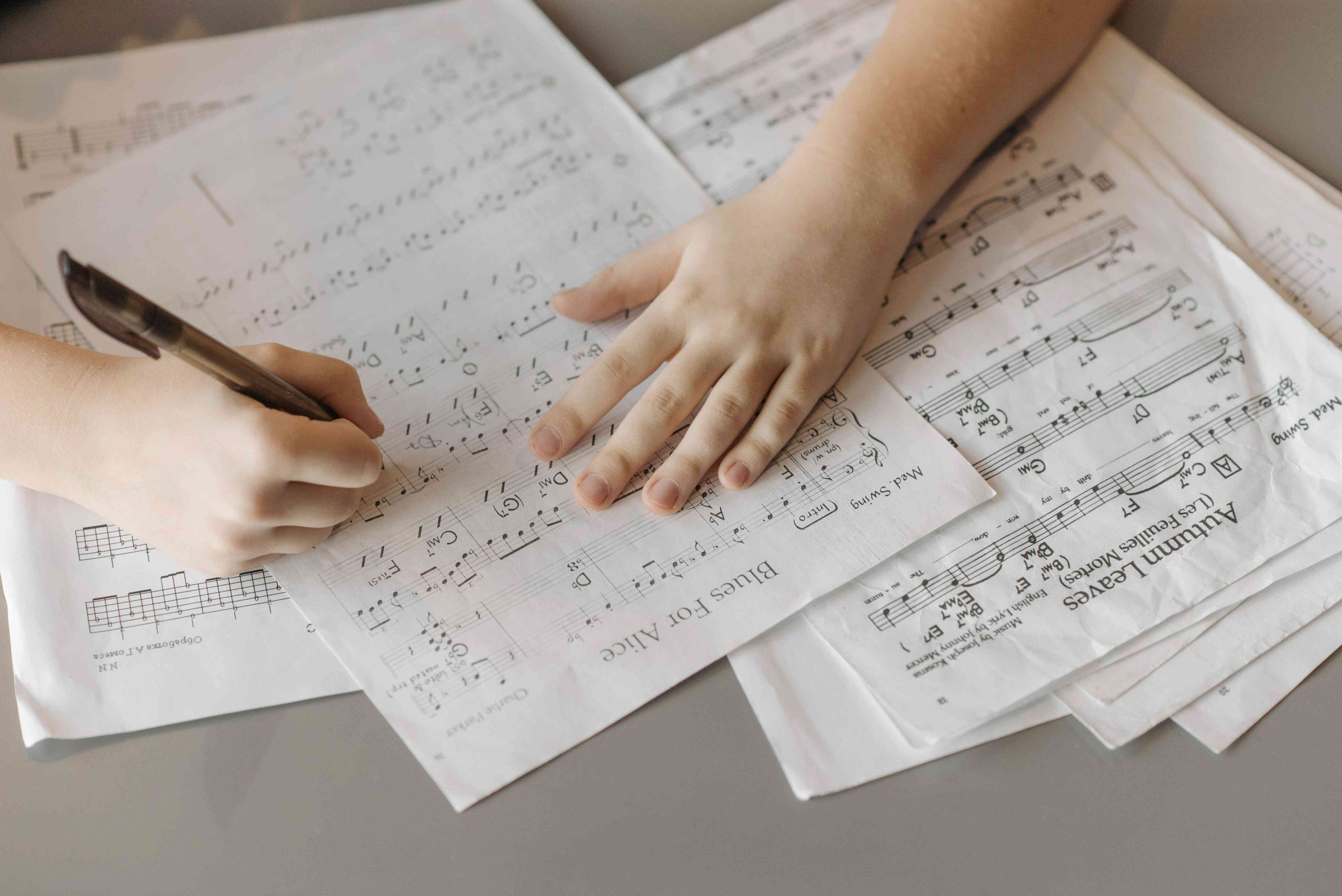
The Power of Preschoolers to Write Music: Nurturing Creativity and Imagination
The Importance of Music in Preschool Development
Music plays a vital role in the cognitive, emotional, and social development of preschoolers. It stimulates creativity, imagination, and language skills. Studies show music enhances spatial intelligence, crucial for mathematical problem-solving. Moreover, it has therapeutic effects, reducing stress, anxiety, and promoting positive emotions. Preschoolers naturally gravitate towards music, offering a prime opportunity to develop talents and nurture their love for it.
How Preschoolers Can Write Music
Contrary to popular belief, preschoolers can write music without reading or writing. Writing music involves creating melody, rhythm, and harmony, expressed through singing, playing instruments, or digital tools. They learn basics through games, exercises, and activities fostering creativity and imagination. For example, creating a simple melody by humming or tapping out a rhythm. They can also notate musical ideas using symbols or digital software.
The Benefits of Preschoolers Writing Music
Writing music offers benefits beyond creating beauty. It improves cognitive skills like memory, attention, and sequencing, as they organize musical ideas. It develops emotional intelligence, expressing feelings through music and understanding emotions conveyed by styles and genres. Additionally, it fosters social skills through collaboration in creating and performing music, and appreciating diverse perspectives and cultures.
Strategies for Encouraging Preschoolers to Write Music
To encourage preschoolers, provide a nurturing environment allowing exploration without fear of judgment. Engage in playful activities like singing games and dancing, incorporating music into everyday experiences. Offer access to instruments, resources, and technology inspiring and guiding their musical journey.
Examples of Successful Preschool Music Programs
Successful programs like the Orff Approach and Kodály Method demonstrate how percussion, singing, and listening develop musical literacy and awareness. These programs empower preschoolers to write music, nurturing their passion for the art form.
Implementing a Music-Writing Curriculum for Preschoolers
Implementing a curriculum requires careful planning to meet developmental needs. Start with simple concepts, incorporate singing and movement, provide access to instruments, and integrate technology. Encourage collaboration to foster social skills and appreciation for diverse musical styles and cultures.
Benefits of Music-Writing for Preschoolers
Music-writing fosters cognitive, emotional, and social development in preschoolers. It enhances cognitive skills, emotional expression, and cultural awareness while promoting self-expression and multisensory learning.
Supporting Music-Writing at Home
Parents play a crucial role in supporting music-writing at home. They can provide access to instruments, sing and listen to music together, create a musical environment, encourage creativity, and attend music events with their preschoolers.
Challenges in Music-Writing for Preschoolers
Despite its rewards, music-writing presents challenges like limited attention span, fine motor skills, lack of musical knowledge, confidence, resources, and language barriers. Creative solutions and encouragement can overcome these challenges.
The Importance of Parent Involvement in Music-Writing for Preschoolers
Parent involvement is crucial for the success of preschool music programs. It builds a supportive community, strengthens the home-school connection, supports musical development, encourages creativity, and promotes positive attitudes towards music.
Tips for Parent Involvement in Music-Writing for Preschoolers
Parents can make time for music, encourage creativity, provide resources, attend music events, and get involved in music programs to support their preschoolers’ musical development. By doing so, they foster their love of music and create a supportive environment for music-writing.


